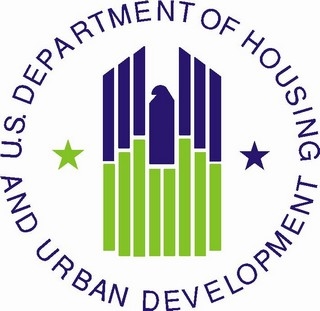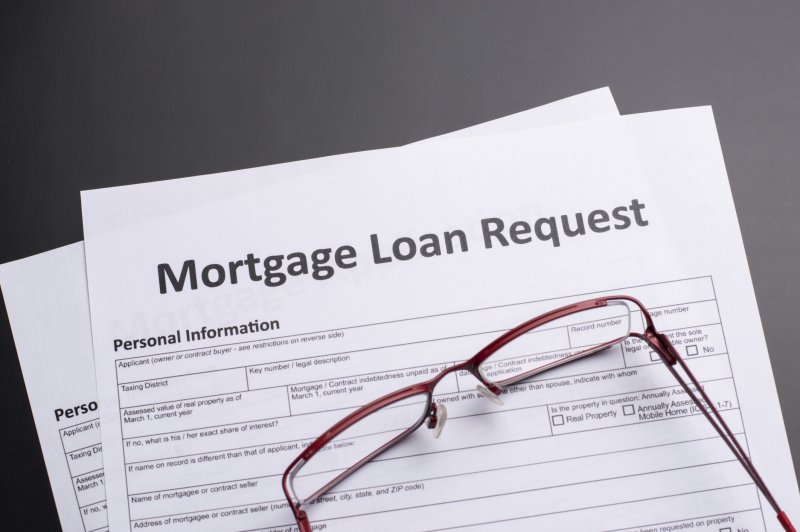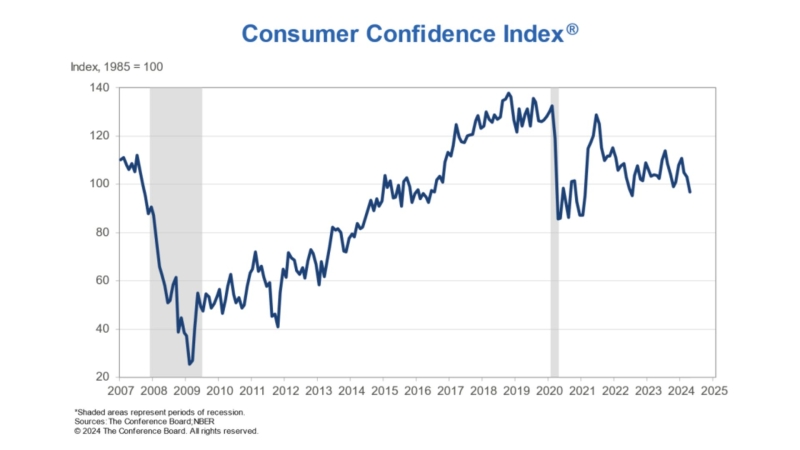Advertisement
HUD offers $500 million-plus in capital advances for low-income elderly and the disabled

The U.S. Department of Housing and Urban Development (HUD) announced $511 million is available to provide non-profit organizations interest-free capital advance funds to produce affordable rental housing with supportive services for the elderly and persons with disabilities through HUD's Section 202 and Section 811 Capital Advance programs. "These capital advances will help thousands of our very low-income elderly and persons with disabilities to find good housing they can afford," said HUD Secretary Shaun Donovan. "Senior citizens and persons living with a disability should never have to worry about being able to find a decent place to live."
HUD provides the Section 202 and Section 811 funds to non-profit organizations in two forms:
● Capital Advances. This is funding that covers the cost of developing, acquiring, or rehabilitating the development.
● Project Rental Assistance Contract (PRAC). This is funding that goes to each development to cover the difference between the residents' contributions toward rent and the HUD-approved cost of operating the project.
Section 202 Supportive Housing for the Elderly Program ($420.9 million nationwide)
HUD's Section 202 program expands the supply of affordable housing with supportive services for the elderly. It provides very low-income persons 62-years and older with the opportunity to live independently in an environment that provides the services they need. In addition to funding new construction, acquisition, or rehabilitation of multifamily developments, HUD's Section 202 program subsidizes the rents of senior citizens so they can limit their housing costs to only pay 30 percent of their incomes.
Section 811 Supportive Housing for Persons with Disabilities Program ($90 million nationwide)
HUD's Section 811 program expands the supply of affordable housing with supportive services for persons with disabilities. It provides very low-income persons with disabilities the opportunity to live independently in an environment that provides the services they need. Eligible households must have one or more very low-income adult, 18 years or older, who has a physical or developmental disability or a chronic mental illness. The term "person with disabilities" may also include two or more people with disabilities living together, or one or more persons with disabilities living with one or more live-in attendants. In addition to funding new construction, acquisition, or rehabilitation of developments that can be either group homes or independent living developments, HUD's Section 811 program subsidizes the rents so persons with disabilities can limit their housing costs to only pay 30 percent of their incomes.
For more information, visit www.hud.gov.
About the author





